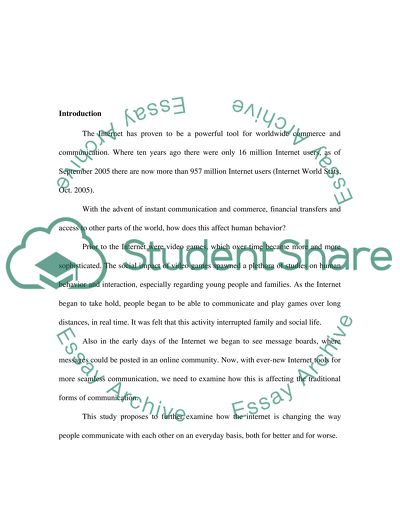Cite this document
(“How the Internet Has Affected Communication Behavior Essay”, n.d.)
How the Internet Has Affected Communication Behavior Essay. Retrieved from https://studentshare.org/information-technology/1503719-how-the-internet-has-affected-communication-behavior
How the Internet Has Affected Communication Behavior Essay. Retrieved from https://studentshare.org/information-technology/1503719-how-the-internet-has-affected-communication-behavior
(How the Internet Has Affected Communication Behavior Essay)
How the Internet Has Affected Communication Behavior Essay. https://studentshare.org/information-technology/1503719-how-the-internet-has-affected-communication-behavior.
How the Internet Has Affected Communication Behavior Essay. https://studentshare.org/information-technology/1503719-how-the-internet-has-affected-communication-behavior.
“How the Internet Has Affected Communication Behavior Essay”, n.d. https://studentshare.org/information-technology/1503719-how-the-internet-has-affected-communication-behavior.


